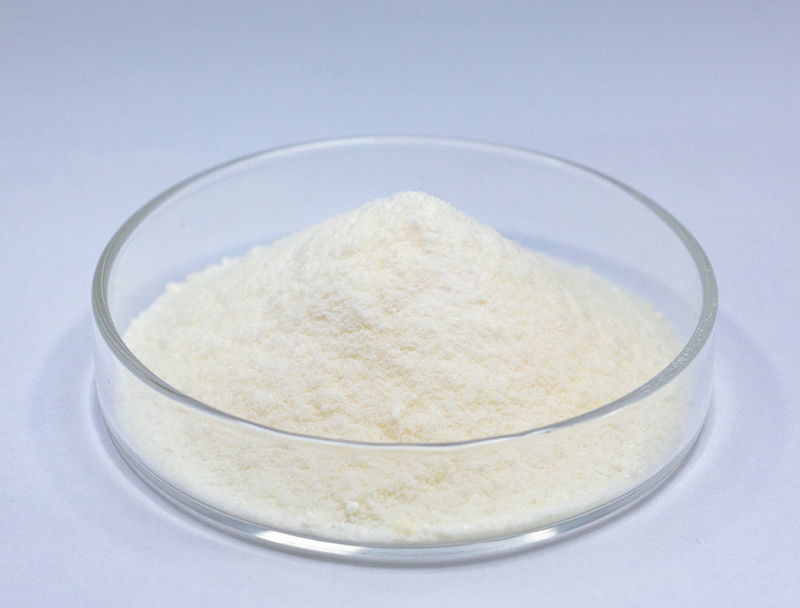
Large-scale bioproduction hinges upon a plentiful suite of substrates to create novel bio-derived items.
Maintaining the sustainable sourcing of these resources underpins enduring viability and ethical market growth.
multiple challenges associated with traditional raw material procurement such as ecological damage and resource depletion. Hence, industry players ought to pursue innovative supply solutions to lower carbon burdens.
- Samples of circular procurement methods cover:
- Adopting organic-origin materials from crop remnants
- Implementing closed-loop systems to minimize waste and maximize resource efficiency
- Forging alliances with neighborhood suppliers supporting green sourcing
Moving toward responsible sourcing creates ecological improvements and economic resilience.
Refining Biomass Sources to Enhance Fuel Conversion
Enhancing biofuel output is grounded in superior feedstock characteristics. Research teams persist in studying techniques to boost feedstock performance, yielding greater biofuel outputs and GABA greener energy prospects. Approaches include genomic enhancements to boost biomass growth and processing methods to convert complex lignocellulose into fermentable sugars.
- Moreover, investigations target novel feedstocks like microalgae, municipal residues, and field residues to widen the pool of renewable biomass for biofuel use.
- Via sustained research the industry stands ready to accomplish considerable improvements that enable a greener energy transition.

Upstream Process Improvements for Modern Biopharma Production
comprises front-end procedures like culture expansion and cell retrieval Ongoing innovations have accelerated process enhancement leading to greater yields.
Pivotal enhancements embrace high-performance cell lines, balanced media compositions, and intelligent reactor control systems. These strategies improve manufacturing efficiency and lessen cost and ecological effects.
- In addition, momentum toward nonstop processing offers improved flexibility and optimized operational flow.
- The adoption of higher-tech manufacturing practices will likely disrupt traditional models and speed therapeutic launches.

Gene Editing Breakthroughs That Elevate Biopharma Output
advances in genomic editing tools including CRISPR have transformed therapeutic manufacturing. By precisely targeting genes within host organisms, researchers can enhance the yield of valuable therapeutic proteins. The strategy paves the way toward accessible, high-yield therapeutics across disease spectra.
Using Microbial Systems for Site-Specific Remediation
forward-looking microbial interventions for environmentally friendly decontamination. Selected microbial cultures can remediate contaminants through biodegradation pathways.. Harnessing microbe-based degradation fosters cleanup tactics that minimize environmental disruption and residual waste.. Investigators study multiple microbial strains for abilities to transform metals, degrade agrochemicals, and process petroleum wastes.. The microbes may be applied within engineered reactors or in situ to catalyze pollutant degradation via biotransformation..
Employing microbial strategies for remediation provides multiple benefits versus traditional techniques. This route is often more affordable and reduces the formation of toxic residues. Furthermore, microbial solutions are highly specific, allowing for the remediation of particular pollutants without disrupting the broader ecosystem. The field of microbial biotechnology continues to advance rapidly, with ongoing research focused on improving the efficiency and effectiveness of bioremediation strategies.
Leveraging Bioinformatics for Novel Therapeutics
Bioinformatics techniques are integral to present-day therapeutic development workflows. By screening targets and refining candidate molecules, informatics drives faster, evidence-based development.
- Via examination of genomic, proteomic, and clinical datasets, researchers pinpoint targets and project drug activity.
- Additionally, simulation tools enable prediction of binding and activity, guiding creation of more potent drugs.
- Finally, data-driven informatics is changing drug development and hastening patient access to effective therapies.
Fine-Tuning Metabolism to Maximize Bioproduct Synthesis
utilizes multiple approaches to enhance production of desirable bioproducts in cells. Techniques span CRISPR-mediated edits to reshape pathways, synthetic control elements to fine-tune expression, and gene imports to grant new biosynthetic abilities.. Through strategic metabolic edits practitioners can markedly increase the synthesis of target products.
Such holistic engineering could impact many areas including medical therapeutics, agricultural outputs, and biofuel production.

From Lab to Plant: Challenges and Opportunities in Biomanufacturing Scale-Up
Commercializing biopharma production involves significant constraints and promising benefits. Keeping consistent product performance at elevated volumes is a significant challenge. Resolving it depends on rigorous control strategies, precise instrumentation, and comprehensive analytics.

Complexity in multi-step biomanufacturing operations presents ongoing operational challenges.. Adapting protocols for industrial scale requires considerable development work and engineering advances.. Nevertheless, the upside can be significant. Successful scaling up can lead to increased access of life-saving therapies, reduced production costs, and enhanced profitability.
A range of strategies is being implemented to address scaling problems. Initiatives involve optimization platforms, high-resolution analytics for process control, and novel manufacturing frameworks.
- Innovation programs are essential to expand production competencies.
- Regulators are adapting frameworks to speed authorization of novel manufacturing approaches and spur innovation.
Charting Regulatory Pathways for Biologics to Safeguard Patients
Developing biologic treatments requires exacting oversight to ensure consistent safety and efficacy. Biopharmaceuticals, often derived from biological sources, present unique challenges compared to traditional medications.
Authorities including the FDA and EMA implement guidelines and thresholds to assess and approve novel biologic products.
Strict validation and testing steps are required across the product lifecycle from lab studies to post-market oversight.. These measures aim to identify potential risks and guarantee that biopharmaceuticals meet the highest levels of safety..
Additionally, regulators regularly update methods to match the pace of fast-moving biopharma innovations.. Strategies include welcoming technological advances and simplifying development while prioritizing patient safety.

Plant-Derived Inputs for Next-Gen Bioplastics
Growing emphasis on eco-conscious materials catalyzes research into plant-based options. Converting plant biomass into bioplastics offers a credible pathway to environmentally sound products. Materials such as starch from corn, cellulose pulp, and sugarcane biomass are convertible into biodegradable polymers that lower plastic waste concerns.
Furthermore, these bioplastics often possess comparable properties to their petroleum-based counterparts, making them suitable for a wide range of applications.. Sustained research efforts are necessary to optimize plant feedstocks for mass bioplastic production and enable circularity.
This Emerging Impact on Public Health and Food Systems
Advanced biotech approaches can reshape healthcare delivery and enhance agricultural resilience. By applying gene editing, synthetic biology constructs, and cellular therapies, scientists create tools to fight disease, raise yields, and boost nutrition.. Illustratively, crops altered for pest resistance and stress endurance support increased harvests and diminished pesticide usage.. Moreover, biotechnology plays a crucial role in developing vaccines, antibiotics, and diagnostic tools that are essential for combating infectious diseases and improving global health outcomes.. With ongoing research, biotech is positioned to enable broad improvements in health and food security that serve global populations.
 Sialic Acid
Sialic Acid